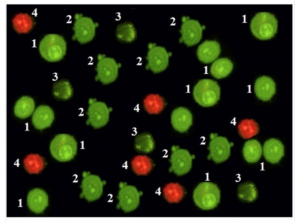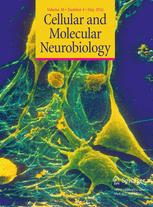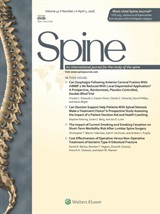
An investigation at Wayne State University has prompted five retractions for a scientist who is suing PubPeer commenters after they criticized his work on the site.
The investigation into Fazlul Sarkar and his co-authors found that the papers contain images that were “inappropriately manipulated” or “inappropriately re-used and re-labeled.” All five retraction notices are from the Journal of Cellular Biochemistry.
Here’s the retraction notice for “Concurrent inhibition of NF-κB, cyclooxygenase-2, and epidermal growth factor receptor leads to greater anti-tumor activity in pancreatic cancer:
Continue reading Researcher suing PubPeer commenters earns 5 retractions following investigation





 JAMA has announced it does not intend to retract a 2005 review article about fetal pain, despite requests from anti-abortion activists who claim it has been misused in debates about the procedure.
JAMA has announced it does not intend to retract a 2005 review article about fetal pain, despite requests from anti-abortion activists who claim it has been misused in debates about the procedure.

 The authors of a study about spinal fusion surgery have retracted it after realizing the cohort study was described as a prospective, randomized trial.
The authors of a study about spinal fusion surgery have retracted it after realizing the cohort study was described as a prospective, randomized trial.